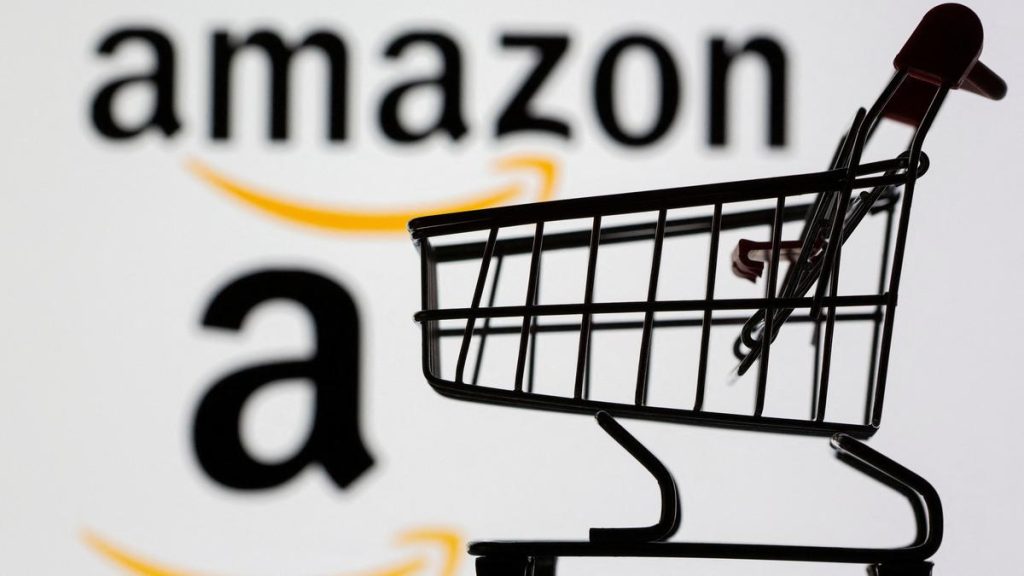
Image used for representational purpose.
| Photo Credit: Reuters
The Delhi High Court has ordered an Amazon unit to pay $39 million in damages for infringing the “Beverly Hills Polo Club” trademark after garments with identical branding were sold on Amazon’s India website, a court order showed on Wednesday (February 27, 2025).
Lawyers called the ruling a landmark judgment in terms of the amount of damages assessed against a U.S. firm in trademark cases.
The case was initiated in 2020 by Lifestyle Equities, the owner of “Beverly Hills Polo Club” (BHPC) horse trademark, which alleged Amazon’s India shopping website had listings of apparel with a similar logo at a fraction of the price.
The infringing brand was owned by Amazon Technologies and sold on the Amazon India website, the court said.
Amazon has denied wrongdoing. Company spokespersons in U.S. and India did not respond to Reuters requests for comment on the court order.
“The logo which has been used is hardly distinguishable,” the Delhi High Court noted in its 85-page order, which also contained photos of T-shirts comparing the two marks.
Amazon “is well-aware of the exclusive rights of the Plaintiffs in the BHPC mark and logo as it has been involved in litigation” in multiple jurisdictions, including the U.K., the court added, issuing a “permanent injunction”.
“This is likely the highest damages sum awarded in a trademark infringement suit in India. It now remains to be seen how this judgment is enforced by the U.S. courts,” said Aditya Gupta, a partner at India’s Ira Law.
Amazon faced similar allegations in London by Lifestyle Equities in 2019. Last year, Amazon lost an appeal against a ruling that it had infringed U.K. trademarks by targeting British consumers on its U.S. website.
In 2021, a Reuters investigation, based on thousands of internal Amazon documents, found the U.S. company ran a systematic campaign of creating knockoffs and manipulating search results to boost its own private brands in India.
Published – February 27, 2025 10:47 am IST


